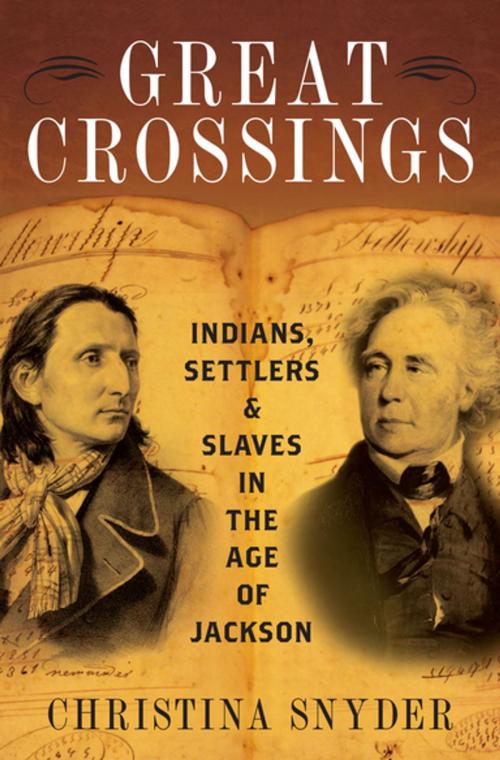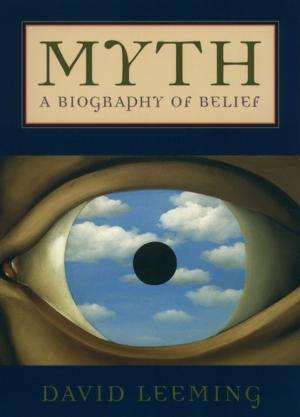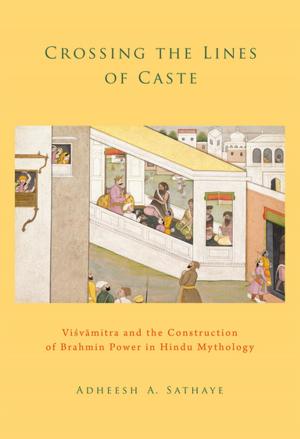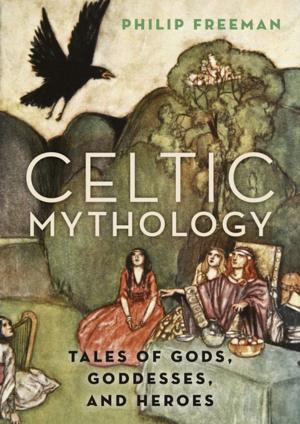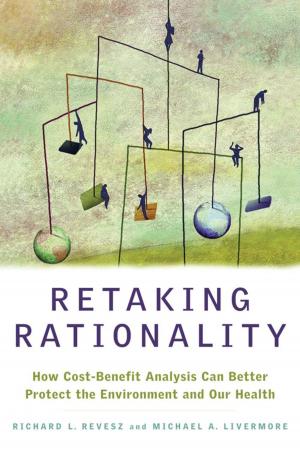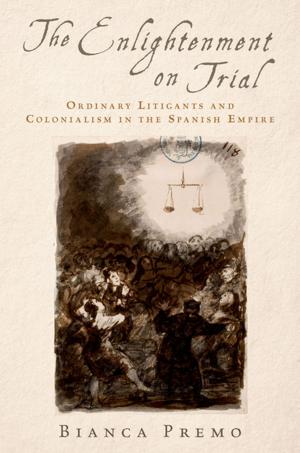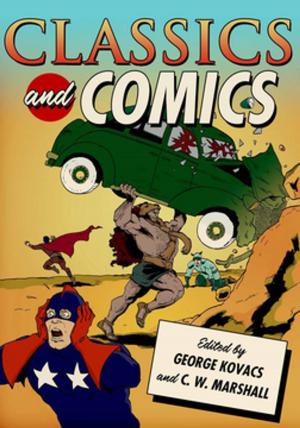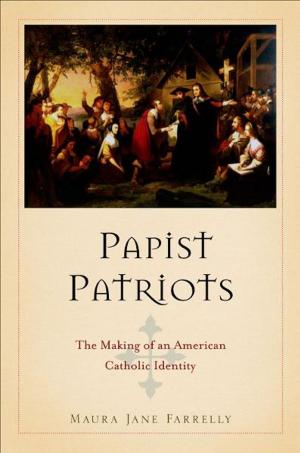Great Crossings
Indians, Settlers, and Slaves in the Age of Jackson
Nonfiction, History, Americas, United States, Revolutionary Period (1775-1800), Military| Author: | Christina Snyder | ISBN: | 9780199399086 |
| Publisher: | Oxford University Press | Publication: | February 1, 2017 |
| Imprint: | Oxford University Press | Language: | English |
| Author: | Christina Snyder |
| ISBN: | 9780199399086 |
| Publisher: | Oxford University Press |
| Publication: | February 1, 2017 |
| Imprint: | Oxford University Press |
| Language: | English |
In Great Crossings: Indians, Settlers, and Slaves in the Age of Jackson, prize-winning historian Christina Snyder reinterprets the history of Jacksonian America. Most often, this drama focuses on whites who turned west to conquer a continent, extending "liberty" as they went. Great Crossings also includes Native Americans from across the continent seeking new ways to assert anciently-held rights and people of African descent who challenged the United States to live up to its ideals. These diverse groups met in an experimental community in central Kentucky called Great Crossings, home to the first federal Indian school and a famous interracial family. Great Crossings embodied monumental changes then transforming North America. The United States, within the span of a few decades, grew from an East Coast nation to a continental empire. The territorial growth of the United States forged a multicultural, multiracial society, but that diversity also sparked fierce debates over race, citizenship, and America's destiny. Great Crossings, a place of race-mixing and cultural exchange, emerged as a battleground. Its history provides an intimate view of the ambitions and struggles of Indians, settlers, and slaves who were trying to secure their place in a changing world. Through deep research and compelling prose, Snyder introduces us to a diverse range of historical actors: Richard Mentor Johnson, the politician who reportedly killed Tecumseh and then became schoolmaster to the sons of his former foes; Julia Chinn, Johnson's enslaved concubine, who fought for her children's freedom; and Peter Pitchlynn, a Choctaw intellectual who, even in the darkest days of Indian removal, argued for the future of Indian nations. Together, their stories demonstrate how this era transformed colonizers and the colonized alike, sowing the seeds of modern America.
In Great Crossings: Indians, Settlers, and Slaves in the Age of Jackson, prize-winning historian Christina Snyder reinterprets the history of Jacksonian America. Most often, this drama focuses on whites who turned west to conquer a continent, extending "liberty" as they went. Great Crossings also includes Native Americans from across the continent seeking new ways to assert anciently-held rights and people of African descent who challenged the United States to live up to its ideals. These diverse groups met in an experimental community in central Kentucky called Great Crossings, home to the first federal Indian school and a famous interracial family. Great Crossings embodied monumental changes then transforming North America. The United States, within the span of a few decades, grew from an East Coast nation to a continental empire. The territorial growth of the United States forged a multicultural, multiracial society, but that diversity also sparked fierce debates over race, citizenship, and America's destiny. Great Crossings, a place of race-mixing and cultural exchange, emerged as a battleground. Its history provides an intimate view of the ambitions and struggles of Indians, settlers, and slaves who were trying to secure their place in a changing world. Through deep research and compelling prose, Snyder introduces us to a diverse range of historical actors: Richard Mentor Johnson, the politician who reportedly killed Tecumseh and then became schoolmaster to the sons of his former foes; Julia Chinn, Johnson's enslaved concubine, who fought for her children's freedom; and Peter Pitchlynn, a Choctaw intellectual who, even in the darkest days of Indian removal, argued for the future of Indian nations. Together, their stories demonstrate how this era transformed colonizers and the colonized alike, sowing the seeds of modern America.
